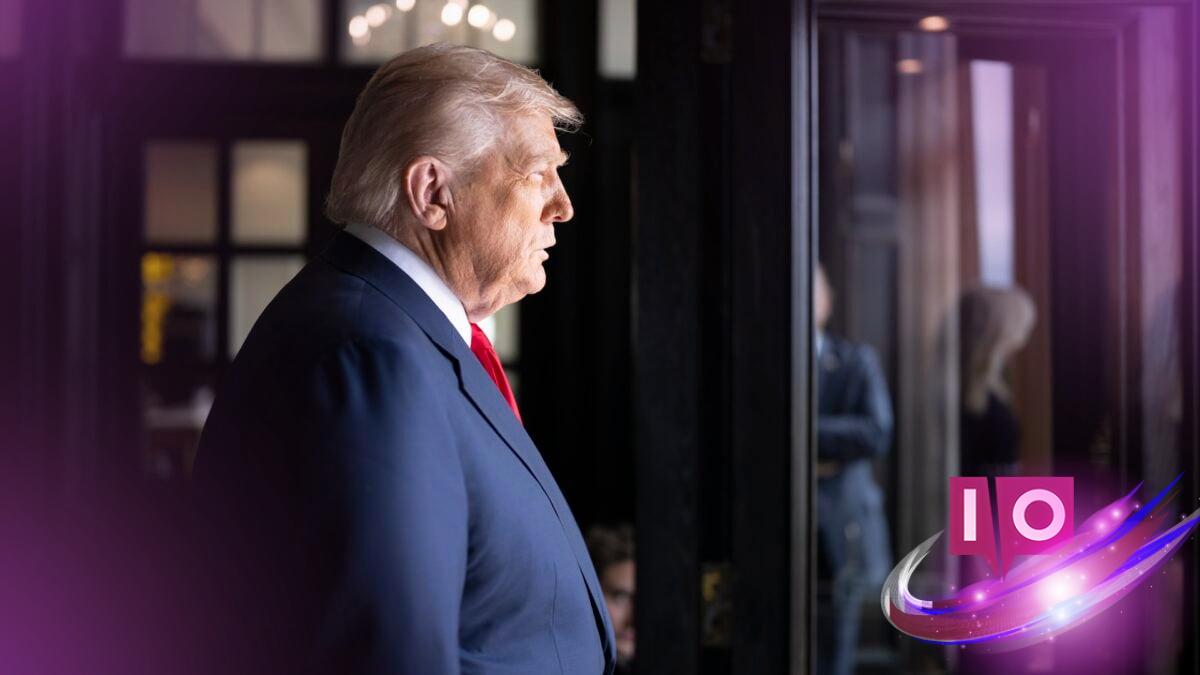Last week, the U.S. government made headlines by acquiring a 10% stake in Intel, a strategic move stemming from the CHIPS Act. This initiative is part of President Donald Trump’s broader vision for an increased government presence in the business sector. Commerce Secretary Howard Lutnick recently hinted at this direction during a CNBC interview.
In the interview, host Andrew Ross Sorkin posed a crucial question: was it fair for the government to take control of a private company like Intel? He cited other companies benefiting from government contracts, wondering if they too might follow suit.
Lutnick responded with enthusiasm, suggesting that if the government utilizes services from companies like Palantir and Boeing, it might make sense to have a stake in them as well. This raises a provocative question: where should we draw the line on government ownership in private enterprise?
Is This a Government Takeover?
Lutnick acknowledged the significant revenue companies like Lockheed Martin generate from government contracts, describing them as almost extensions of the government. He elaborated on the importance of discussing how the U.S. finances its defense acquisitions. According to him, previous methods have often led to excessive giveaways, indicating a need for a new framework.
Despite Lutnick’s assertions that the government won’t interfere in Intel’s operations, Trump’s influence on businesses refers directly to leveraging power to impact decisions, including hiring practices at educational institutions.
Interestingly, Trump framed the Intel acquisition as a matter of control, claiming, “It is my Great Honor to report that the United States of America now fully owns and controls 10% of INTEL, a Great American Company that has an even more incredible future.” This statement reinforces the idea that government ownership comes with inherent conditions.
What About a Sovereign Wealth Fund?
During the interview, Lutnick was asked whether this initiative resembled a U.S. sovereign wealth fund with its own board. He was quick to clarify that no such fund exists currently, arguing that the U.S. isn’t spending taxpayer money in this scenario. He suggested calling this initiative an “economic security fund” instead, potentially funded by foreign investments in U.S. manufacturing.
Is This Socialism or Corporate Statism?
As discussions proliferate online comparing these government actions to socialism or communism, it’s essential to clarify that the current trajectory more closely resembles corporate statism. In this model, while the government and businesses interlink, the wealth created tends to benefit the elite, not the general populace.
When asked about other countries adopting similar models, Lutnick pointed out the British decisions to nationalize industries like steel, guided by insights gained from the Trump administration.
A Shift Away from Traditional Conservatism
The proposed system raises eyebrows among various conservatives, particularly those critical of intertwining business and government. Yet, many affluent individuals, including those like Mark Cuban, appear to prefer this approach over potential wealth taxes proposed by progressives.
Cuban remarked, “I’m the furthest from a Trump fan. But the reality is that he would have to shake very hard to equate to the shakedowns of the unrealized cap gains tax and Warren’s tax that were proposed.” This sentiment illustrates a willingness among the wealthy to entertain deals that, although unconventional, seem more palatable than higher taxes.
How Will This Impact Income Taxes?
Lutnick posed a thought-provoking question: “Where is the United States of America adding fundamental value to your business?” However, this raises concerns that the true intent behind these actions might be less about public welfare and more about Trump’s vision of an economy reliant on tariffs and government stakes in industries, possibly moving away from income taxes altogether.
It’s evident that while the structure may not resemble China’s economy directly, there are similar undertones shaping the government’s approach to private enterprise.
What does this mean for you as a citizen or stakeholder in these companies? Understanding the evolution of government-business relationships can be crucial in navigating the economic landscape moving forward.
How does government ownership affect private businesses? Government stakes can create shifts in decision-making, as seen with Intel. This potentially creates a more integrated approach to national interests in industries benefiting from government contracts.
How can government intervention in businesses impact innovation? While some worry it may stifle drive, proponents argue that strategic investments can foster advancements, especially in tech sectors critical to national security.
What are the risks of increased government control in industries? Critics argue it could lead to less competition and innovation, as well as potential favoritism towards companies benefiting from political connections.
What lessons can other countries learn from this model? Observing the U.S. approach can provide insights into balancing government influence in essential sectors without overreaching into the private realm.
In conclusion, as this unprecedented shift unfolds, staying informed is crucial. Explore further insights and analyses on similar topics at Moyens I/O.
